Strolling Player: The Life and Career of Albert Finney
£12.70£19.00 (-33%)
‘Hershman has managed to gather a huge amount of information and distill it into a book that is not only respectful but full of insights into what makes this unstarriest of stars able to produce brilliant work without appearing to break a sweat.’ – Kathryn Hughes, Mail on Sunday
He was a Salford-born, homework-hating bookie’s son who broke the social barriers of British film. He did his share of roistering, and yet outlived his contemporaries and dodged typecasting to become a five-time Oscar nominee and one of our most durable international stars. Bon vivant, perennial rebel, self-effacing character actor, charismatic charmer, mentor to a generation of working-class artists, a byword for professionalism, lover of horseflesh and female flesh – Albert Finney is all these things and more.
Gabriel Hershman’s colourful and riveting account of Finney’s life and work, which draws on interviews with many of his directors and co-stars, examines how one of Britain’s greatest actors built a glittering career without sacrificing his integrity.
Read more
Additional information
| Publisher | The History Press, Illustrated edition (13 Jan. 2017) |
|---|---|
| Language | English |
| Hardcover | 288 pages |
| ISBN-10 | 0750978864 |
| ISBN-13 | 978-0750978866 |
| Dimensions | 15.6 x 2.79 x 23.39 cm |

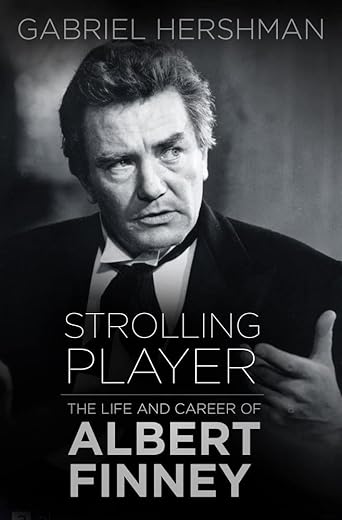

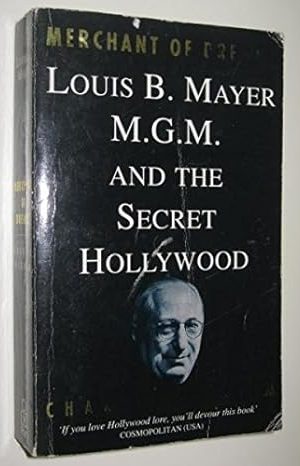


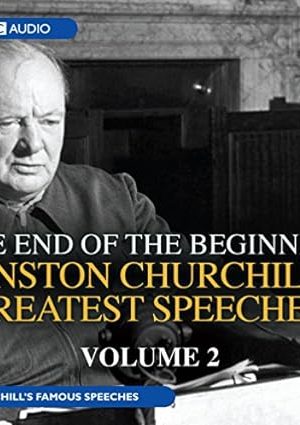

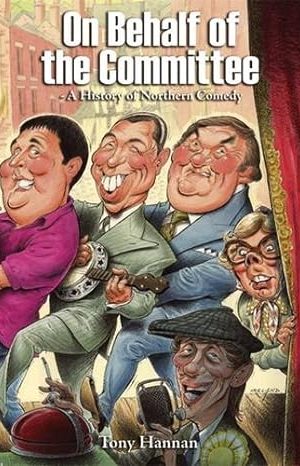
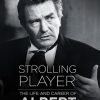
by Alias The Scarecrow
A thorough biography of Albert Finney written from a personal perspective. The author has seen Finney perform on stage and relates some of that magic (as well as an off-stage anecdote that gives a hint of the harmless mischief behind the public image). For once it seems like this was a star with few character flaws. Finney remained democratic and constructive, even at the height of his fame. The worst that could be said was that he displayed cold-bloodedness when he decided to end his marriages. But the biography concentrates on the work, and is particularly good on the later work.
by SUE BLAND
When I started this review I strongly recommended anyone who enjoys Biographies to read “Strolling Player”, which I thoroughly enjoyed but now on the death of this renowned actor of stage and screen I think it is even more poignant – we should know more about a great actor who brought many powerful roles to the cinema and theatre.
I found the first part of the book fascinating, as the author described Albert’s early life in Salford – a Mancunian myself I recall that from my parents’ younger days and through the 50’s and 60’s Salford was considered a poor, underprivileged area of Manchester so anyone who came out of there and became a success was indeed to be congratulated. Nowadays with its new housing, colleges, musuems and the Lowry theatre complex it is an area to be reckoned with.There are still original features though – as you come into Manchester on the bus, past the turning to Salford, there is an old School building with children playing in the yard that is straight out of a Lowry painting. So it doesn’t surprise me that Albert Finney, having been brought up in this downtrodden area was tough and determined when he first went to London, intent on overcoming the North-South divide. Nevertheless he never lost his pride in his Northern upbringing.
I also enjoyed the author’s account of Albert’s time at Stratford and his natural ease with Shakespeare.He mentions Sue Johnson who later worked with Albert, having gone with the school to see King Lear when Albert played the matinee instead of Olivier. I also went with the school to see King Lear, our A level play, about the same time and I think it was Paul Schofield performing that day.But it was particularly interesting to me to hear the names of so many other actors who were at Stratford at that time as my sister was a Stage Designer with the RSC at Stratford and in London and worked with a lot of those people. Of course the anecdotes are a high point.
You tend to forget all the actors you saw in plays and films so long ago. I saw a great many plays in London in the 60’s and 70’s – it was an exciting time for the theatre – after all the classical plays and farces, etc. came the kitchen sink dramas and down to earth plays showing life as it was. Albert Finney and his fellow newcomers were ideal for this genre. And films as well – who can forget Saturday night and Sunday morning showing Albert as the underling courting the Bosses daughter – people did not move out of their class then without a fight.
I was working in London when the National Theatre opened and remember the horror of theatregoers at that huge expanse of grey concrete – although the fact that it was on the river made it more attractive. It was the new centre for theatre and concert going where one could see so many brilliant actors and musicians. And Sir Peter Hall was very celebrated at the time, so it is interesting to read how difficult he found it to manage both the huge theatres and personalities like Albert Finney, who were answerable to him.
Albert Finney has had a long and distinguished career and was never afraid of choosing the plays and films he wanted to do and did not sell out to Hollywood for more fame and fortune. Though nominated for Oscars he never won one but did receive several other awards which are worthy of note. He achieved fame by being himself and respect within his profession for treating everyone the same and his generosity – down to the young stage hands. Having heard lots of stories of difficult, temperamental actors and actresses this was a bonus for those who worked with him.
The author awoke my interest in Albert’s career and I looked at some of his roles on the internet. I remembered well the quirky personalilty he brought to the Lawyer in Erin Brockovich – in contrast to Julia Robert’s anguished, overworked mother (who dedicated her Oscar to him) and a long way from the brash, Northern working class lad in
Saturday night and Sunday morning. He played many different roles and came over latterly as mature and confident and a person who was comfortable in his own skin.
Through the author’s first two Biographies I feel as though I have got to know first Ian Hendry and then Albert Finney. In those days you saw actors on the screen and the odd interview and publicity photo, but their lives were not exposed as they are today. Gabriel Hershman explores their background, relationships, roles and interaction with other actors and the pitfalls of fame and leaves us wanting more. I am about to start reading Black Sheep, the Nicol Williamson Biography, also by Gabriel Hershman and delving further into the life of a Shakespearian actor.
by Shopper
Prompt and courteos service with a personal touch. Excellent condition ss described.
by Amazon Customer
hmm
by AMC
I know next to nothing about Albert Finney. He has been very impressive in the few films I have seen him in, like Winston Churchill & a very touching little film about a gay Dublin bus conductor was particularly moving. But by far the biggest impression he made on me was when quite by chance, I saw an interview he did with Melvyn Bragg about 20 years ago. He was extraordinary. Amazing even. He is so obviously a man of high intelligence who knows how to enjoy his life. He is someone who is accustomed to fine wining & dining & cigars & the works, & he has a magnificent lilting voice as he talks so eloquently through every course. This is a guy who knows how to live! This is what intrigued me about him. He is so interesting to listen to & yet I can’t recall ever seeing him on any talk show I have ever seen & I’ve seen quite a few in my time, which is what prompted me to read Gabriel Hershman’s new biography on him.
It’s not easy finding people who are willing to talk to an author about a proposed biography, especially when it’s about someone who is still very much living & breathing, but Mr Hershman has done a fine job piecing together his life & career, but it still leaves me wanting to know more!
by WS
I have enjoyed Hershman’s bios in the past and have forgiven them their flaws. But here the flaws seem more pronounced. The jokey asides, the lack of access to the subject, and the habit of jumping from one production to another without providing insight into Finney’s life. That said, there are moments when it comes alive. Particularly when dealing films , TV or stage that have been largely forgotten. All in all, disappointing, But perhaps that’s all we can expect when Finney was such a private man.
by Ian Payn
Albert Finney has always been the most enigmatic of star British actors. He has always appeared to do just what he wants to do, whether it’s on stage, screen or TV. A look at his list of credits reveals a very choosy man – even when he has involved himself in television it’s been an event, something a bit special. From his breakout in Tom Jones (1963) he spent almost twenty years as the movie star who didn’t act like one, and yet he was still in demand around 1980 for three expensive but run-of-the-mill thrillers (Loophole, Wolfen, Looker), a “serious” Hollywood drama (Shoot the Moon) and most bizarrely, Annie (which he probably did just because he fancied it). And that was before The Dresser hove into view. And then he just seemed to lose interest. Gabriel Hershman, having made his mark with a biography of the “difficult” actor Ian Hendry now moves onto a more mainstream subject, and his researches cover cradle to what we assume is retirement (we haven’t seen anything of Finney since 2012’s Skyfall) comprehensively. Well-written and interesting, this book should appeal both to serious theatrical/film mavens, and the more casual reader: a very accessible look at the life and career of the Great Actor who never seemed that bothered about fame one way or another. Which, perhaps, was the basis of his popularity.
by Mr Harold Napthine
Very pleased with this purchase, well written and researched on a fine actor.